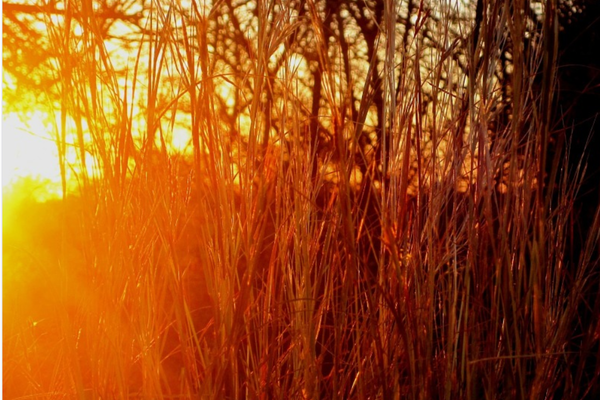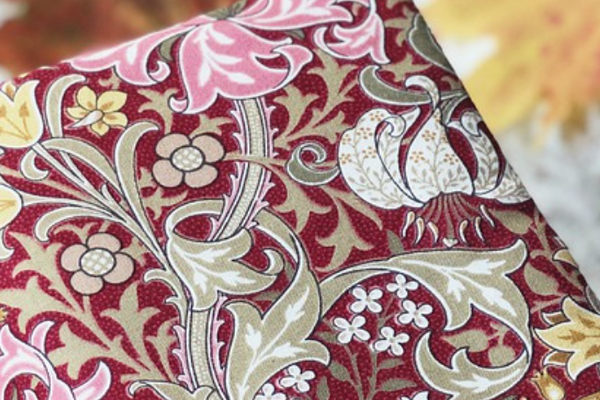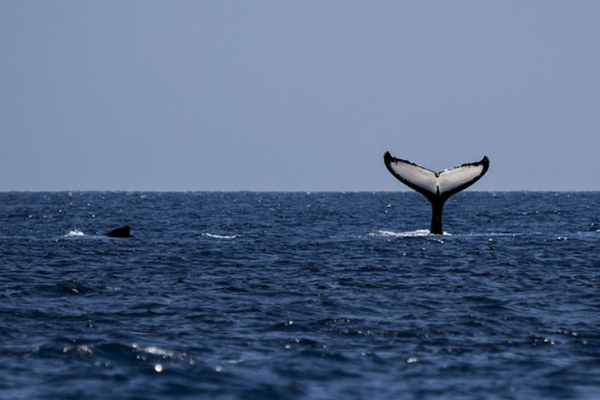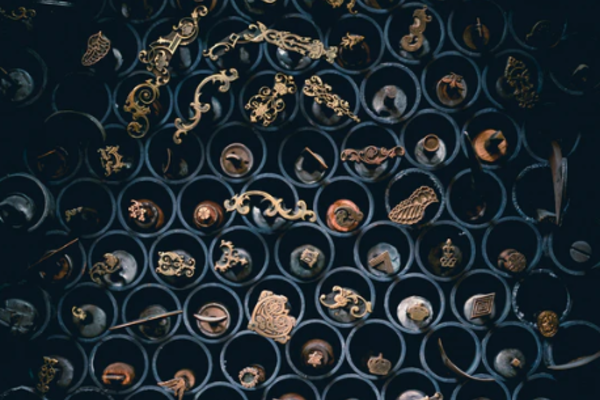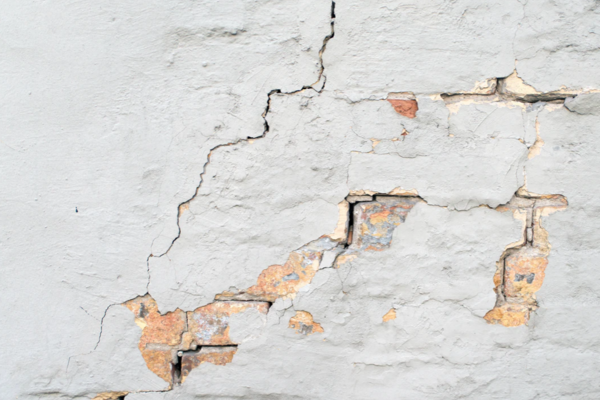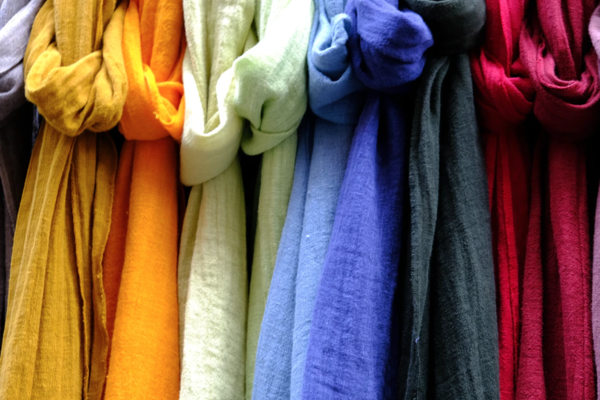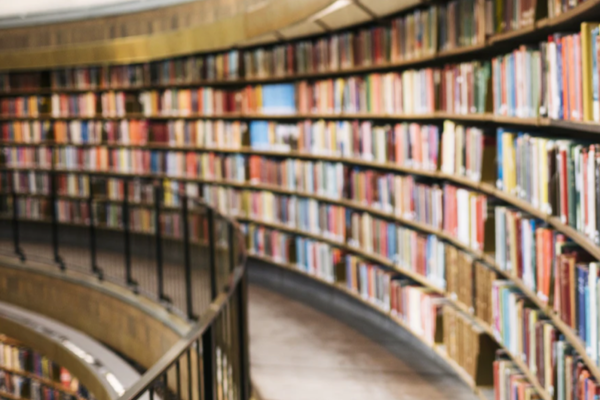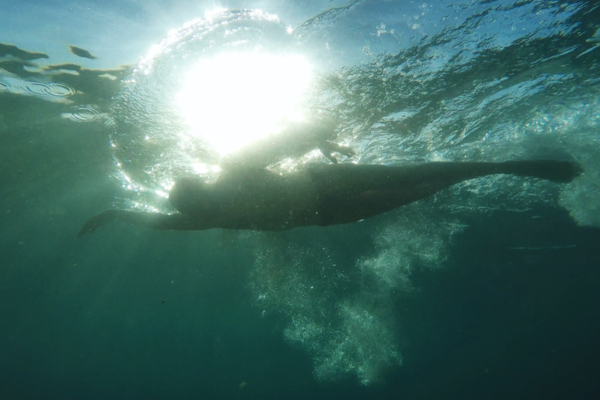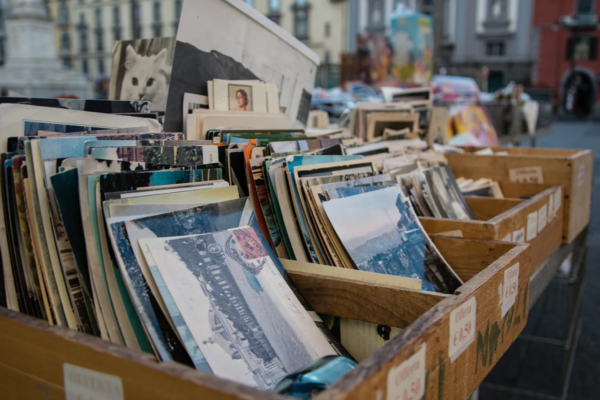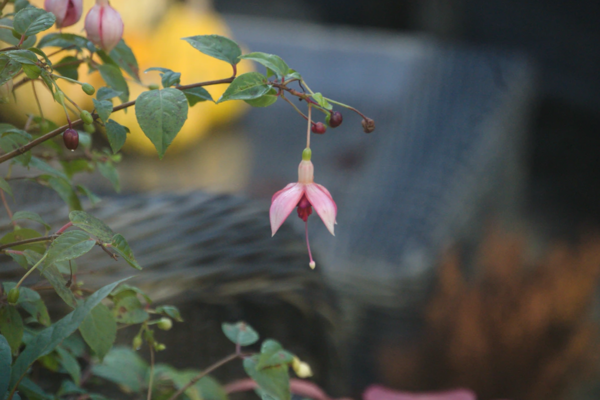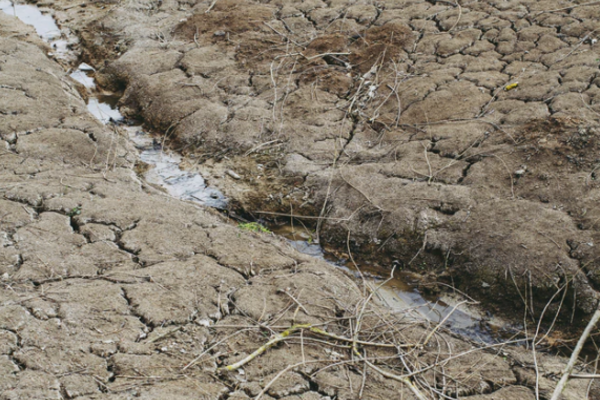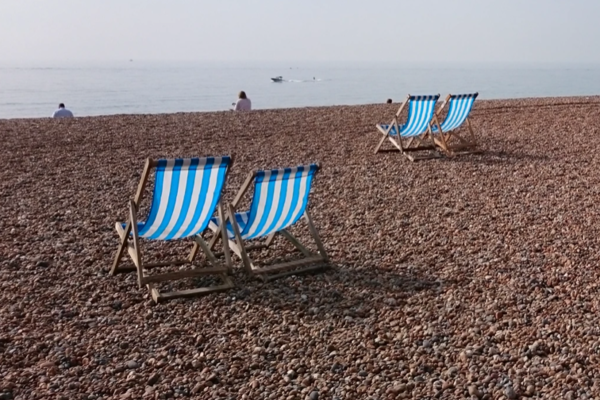Diary entry, Tuesday, April 14
It’s been a poignant Easter time, with hopes expressed in newspaper columns that the present conditions will somehow lead to spiritual and social renewal. There’s been something attractive about empty churches and streets, as if the crowds have been too much with us and many of our habitual wants have been damaging or futile. Three weeks into the lockdown, the waves and smiles exchanged during distancing have begun to seem sketchier and more self-conscious. Joggers and cyclists whizz past in deliberate self-isolation. The couples out for walks, as if heading two by two into Noah’s Ark, seem exclusively bound together as they perform the avoidance dance of stepping sideways off the pavement or waiting for oncomers to do likewise. Once this is over, shall we continue to embrace solitude and not feel the need to socialize in large numbers any more?
Yet the extraordinary beauty of the last few weeks has demanded to be shared. Spring has arrived early, and while the number of deaths from the virus has increased daily, the leaves have appeared in perfect miniature. Along the river Evenlode the vast, symmetrical fan-shapes of pollarded willow shoots have the sweet, sappy smell of young greenness. The uplifted branches of the ash tree outside my window glow against a clear blue sky, bearing tufts of emergent leafage at their tips. In the garden, the pointed leaves of the tulips look translucent in the sunlight. Birdsong seems more clamorous than ever, with blackbirds, robins, jackdaws and others competing cacophonously. A family of coal tits has been breeding in the topmost gutter of the house; yesterday I saw two of the young falling down together, fighting on the wing and continuing to fight like children in a nearby twiggy hedge. I’ve been reading Paradise Lost, which has fitted the exacting beauty of the garden that the two of us inhabit, and also the paradox of a universe in which happiness can be so ecstatic while death and disaster, affecting so many others at a distance, may be nearer to us than we think.
Anonymous


